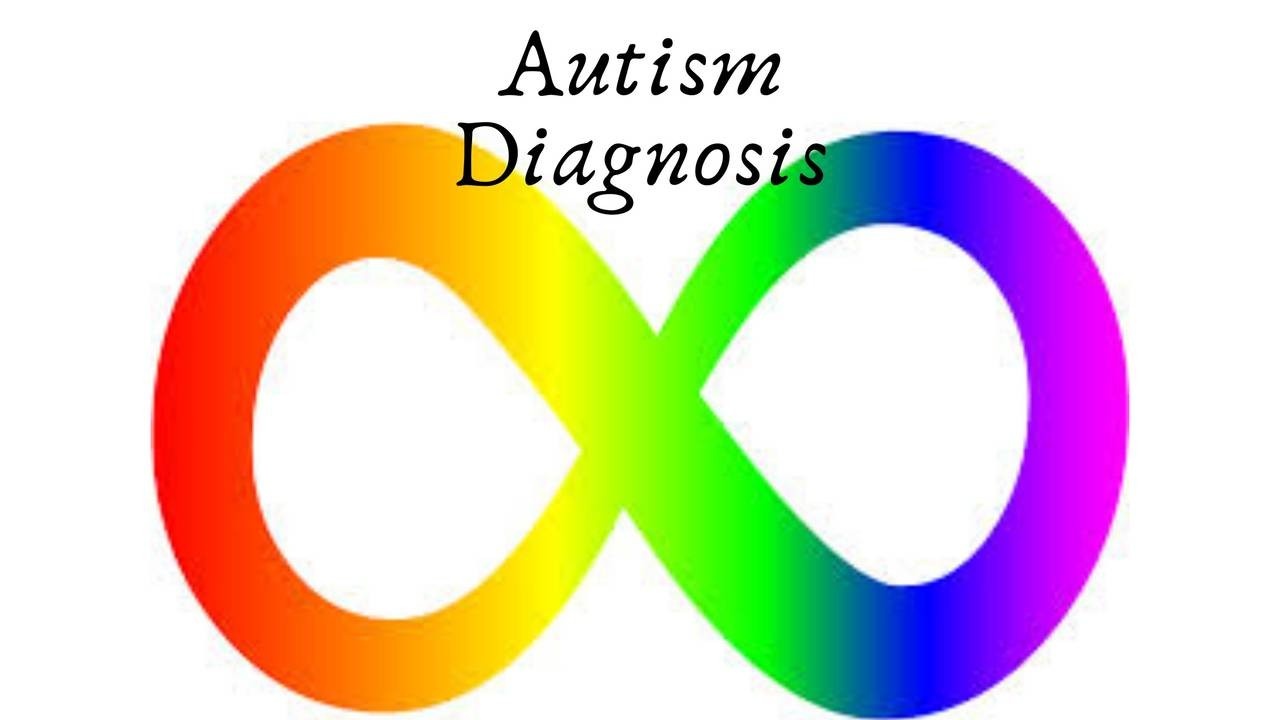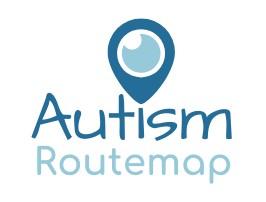Why does it take so long to get an autism diagnosis as an adult?

Jane* is an exceptionally talented person in the creative arts. We met this week in our diagnostic clinic to answer the autism question. “Do I have an autism spectrum condition?”
Jane was identified as “gifted and talented” at school. Jane’s a magician with words. Conversation brims with vivid descriptions and it’s not hard to see why writing is the career of choice.
But at 30 years of age, Jane has little to show for all these talents. University didn’t pan out and there is a somewhat chequered work history.
Jane is angry. Life has been challenging and there are less achievements than were hoped for. Jane wonders why no-one considered the possibility of autism when the struggles were plain at school? Why did the University not step in to help when things started to unravel? Jane feels let down.
Adults often feel relieved when they finally receive their autism diagnosis. It is an explanation for the challenges they have gone through. It validates their experience of life and explains why there has been such a high personal cost.
But along with the relief, it’s not uncommon for people to feel angry. Anger about the misunderstandings and the years spent struggling alone. A lifetime of trying to fit in and function like everyone else – only to miss the mark and fall prey to debilitating exhaustion and stress.
So, why? Why does it take so long to spot autism in intellectually able adults?
- Autism is a hidden difficulty.
An autistic person looks just like everyone else. Sometimes communication or people skills may be different enough for others to guess at an autism spectrum condition, but this is not always the case.
Autism is a different way of processing information. It is experiencing the world from another perspective. And you can’t see how a person is thinking – only how they are behaving.
- Intellectually able adults often blend successfully.
Autistic adults with normal intellectual ability are often adept at using their good cognition to work out how to function in a neurotypical world. They succumb to the expectations of society (and sometimes themselves) without necessarily realising how much energy this takes. Or the stress that it places on them.
- There are no blood tests or scans that can confirm an autism diagnosis.
We have no quick and easy way to diagnose autism. As a result, you need access to experienced clinicians who recognise autism’s signature. In the UK National Health Service, adult autism diagnostic services can be hard to come by and private assessments are not affordable for everyone. So many people are left wondering and waiting …
- Autism is a pervasive condition involving a combination of challenges.
It’s much easier to do a 1000-piece puzzle if you can see the picture you are creating. That’s why the picture is on the box! It’s there as a guide to help you work out what belongs where.
You may have sought help from professionals in the past but oftentimes, that person only saw you in part. They were holding one puzzle piece without recourse to the bigger picture.
They may have been focusing on your anxiety or depression or mood swings or sensory challenges or problems staying on track or issues with your spouse or colleagues. But they were not joining the dots.
There’s a reason why autism assessments are so detailed. There is a lot of dot joining to be done! This “in-part” experience also explains why misdiagnoses are so common in intellectually able people.
.....
So, feeling frustrated and angry is a valid response especially if you have waited many years for a diagnosis. But recognised or not, autism comes with challenges.
And though none of us relish the challenging times, they are a powerful part of our personal stories. Because it is here that we develop many of our “metaphorical muscles” – the skill sets that make us stronger – more able to help others and go on to greater heights.
I leave you with the words of Roy Bennet:
“Your hardest times often lead to the greatest moments of your life. Keep going. Tough situations build strong people in the end”.
Jane* - Jane's real name has been changed to protect their identity
To your story!
Linda Philips
MSc. Human Communication
Autism Routemap supports autistic and neurodivergent people with coaching and training to improve communication, people skills and emotional well-being. Interested in knowing how we can help?
Contact [email protected] or book a free Turning Point call here.

